Before we dive into the topic of whether memory foam mattresses soften up over time, let's first understand what a memory foam mattress actually is. Memory foam is a type of polyurethane foam that has been specially treated to increase its density and viscosity. It is known for its ability to mold to the body in response to heat and pressure, providing a supportive and comfortable sleep surface.1. Understanding Memory Foam Mattresses
Now, let's address the main question - do memory foam mattresses soften up? The simple answer is yes, they do. Over time, repeated use and body weight will cause the mattress to soften and conform to your body shape. This is known as softening up and is a normal process for any memory foam mattress.2. Do Memory Foam Mattresses Soften Up?
Several factors can contribute to how quickly a memory foam mattress will soften up. The first and most obvious factor is the quality of the memory foam itself. Higher quality foams are made to last longer and maintain their shape and density for a longer period of time. Body weight and sleeping habits also play a role in how fast a memory foam mattress will soften up. The more weight that is applied to the mattress, the quicker it will soften. Additionally, if you tend to sleep in the same spot every night, that area of the mattress will soften up faster than other areas.3. Factors that Affect Softening Up
The time it takes for a memory foam mattress to soften up varies depending on the factors mentioned above. On average, it can take anywhere from 2-6 months for a memory foam mattress to fully soften up. However, this is just an estimate and can vary from person to person.4. How Long Does It Take for a Memory Foam Mattress to Soften Up?
It's important to differentiate between softening up and sagging when discussing memory foam mattresses. Softening up refers to the gradual breaking in of the mattress, while sagging is when the mattress permanently loses its support and begins to dip in certain areas. Softening up is a natural process, while sagging is a sign of a low-quality mattress.5. Softening Up vs. Sagging
If you find that your memory foam mattress is taking longer than expected to soften up, there are a few things you can do to speed up the process. One option is to walk on the surface of the mattress to help break it in. Another option is to use a memory foam mattress topper or pad to add extra weight and pressure to the mattress.6. Ways to Speed Up Softening Up
While some may see softening up as a negative aspect, there are actually benefits to having a memory foam mattress that has softened up over time. For one, it can provide a more customized sleep experience as the mattress will mold to your body shape. It can also improve pressure relief and reduce motion transfer, resulting in a more comfortable and undisturbed sleep.7. Benefits of Softened Memory Foam Mattresses
It's important to note that softening up is a natural process for memory foam mattresses and cannot be completely prevented. However, there are some preventative measures you can take to slow down the process. These include rotating your mattress every few months, using a mattress protector, and avoiding jumping or putting excessive weight on the mattress.8. Can You Prevent Softening Up?
Eventually, even the highest quality memory foam mattress will need to be replaced. The average lifespan of a memory foam mattress is around 8-10 years, but this can vary depending on usage and care. Signs that it's time to replace your mattress include excessive sagging, loss of support, and discomfort while sleeping.9. When Should You Replace a Memory Foam Mattress?
In conclusion, memory foam mattresses do soften up over time, but this is a natural process and is nothing to be concerned about. It's important to properly care for your mattress and understand the factors that can contribute to its softening. With proper care, your memory foam mattress can provide you with years of comfortable and supportive sleep.10. In Conclusion
How Memory Foam Mattresses Soften Over Time

Understanding the Science Behind Memory Foam
 Memory foam mattresses have gained immense popularity in recent years due to their ability to conform to the shape of the body and provide unparalleled comfort. This type of mattress is made of a viscoelastic material that responds to body heat and pressure, molding itself to the body's natural curves. However, many people wonder if memory foam mattresses will remain firm and supportive over time or if they will eventually soften up.
Memory foam mattresses have gained immense popularity in recent years due to their ability to conform to the shape of the body and provide unparalleled comfort. This type of mattress is made of a viscoelastic material that responds to body heat and pressure, molding itself to the body's natural curves. However, many people wonder if memory foam mattresses will remain firm and supportive over time or if they will eventually soften up.
Breaking In Your Memory Foam Mattress
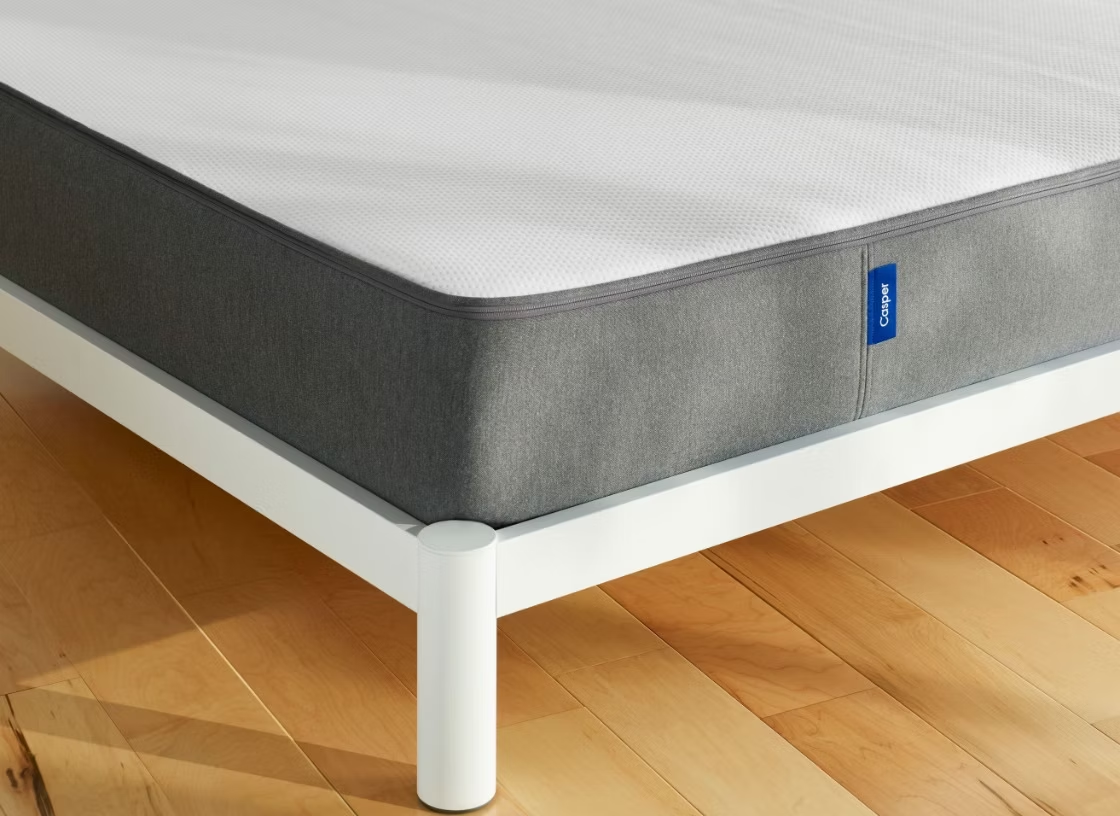 One of the main concerns about memory foam mattresses is that they may become too soft over time, causing discomfort and lack of support for the body. However, it is important to understand that memory foam mattresses do have a break-in period, just like any other new product. During this time, the mattress adjusts to the individual's body weight and sleeping habits, allowing it to soften in the areas that need more support and remain firm in others.
One of the main concerns about memory foam mattresses is that they may become too soft over time, causing discomfort and lack of support for the body. However, it is important to understand that memory foam mattresses do have a break-in period, just like any other new product. During this time, the mattress adjusts to the individual's body weight and sleeping habits, allowing it to soften in the areas that need more support and remain firm in others.
The Role of Body Heat and Weight
 Memory foam mattresses are designed to respond to body heat and weight, which is why they are able to provide customized comfort for each individual. However, this also means that the mattress may soften up more in areas where there is more body heat and weight, such as the hips and shoulders. This is a natural process and does not necessarily mean that the mattress is losing its supportiveness. In fact, it is a sign that the mattress is adapting to the individual's body and providing the necessary support.
Memory foam mattresses are designed to respond to body heat and weight, which is why they are able to provide customized comfort for each individual. However, this also means that the mattress may soften up more in areas where there is more body heat and weight, such as the hips and shoulders. This is a natural process and does not necessarily mean that the mattress is losing its supportiveness. In fact, it is a sign that the mattress is adapting to the individual's body and providing the necessary support.
Factors Affecting Softness of Memory Foam Mattresses
 Apart from the break-in period and body heat and weight, there are other factors that can affect the softness of a memory foam mattress. These include the density and thickness of the foam, as well as the quality of the materials used. Higher density foam will generally take longer to soften up, while lower density foam may soften up faster. Additionally, regular use and exposure to body oils and moisture can also contribute to the softening of the mattress over time.
Apart from the break-in period and body heat and weight, there are other factors that can affect the softness of a memory foam mattress. These include the density and thickness of the foam, as well as the quality of the materials used. Higher density foam will generally take longer to soften up, while lower density foam may soften up faster. Additionally, regular use and exposure to body oils and moisture can also contribute to the softening of the mattress over time.
Maintaining the Firmness of Your Mattress
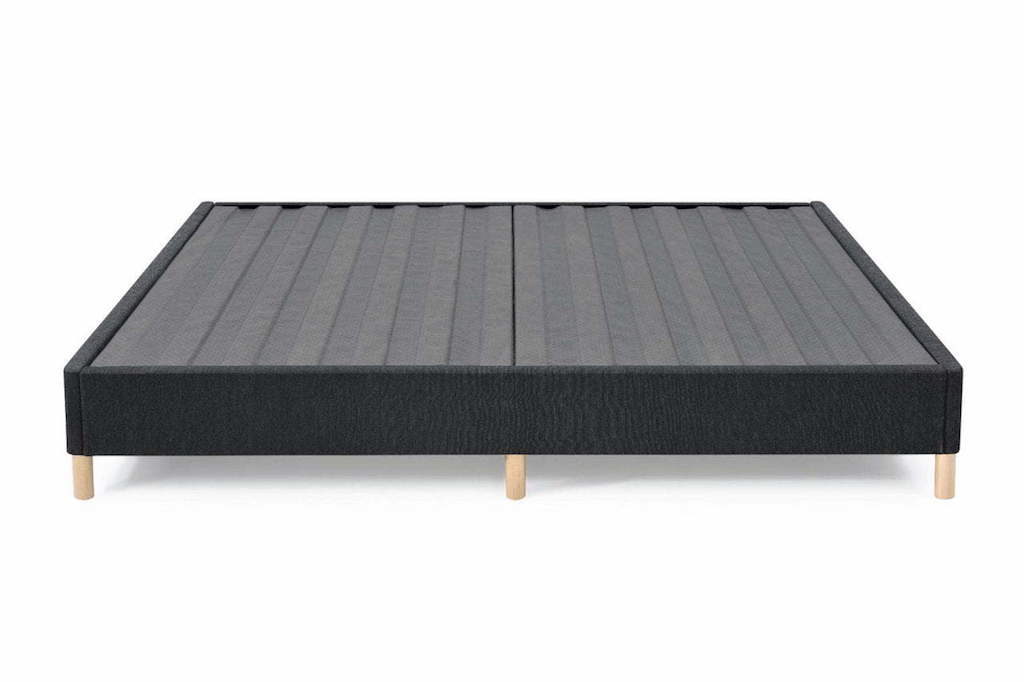 To ensure that your memory foam mattress maintains its firmness and supportiveness, it is important to properly care for it. This includes rotating the mattress regularly, using a mattress protector, and keeping it clean and dry. It is also recommended to avoid jumping or standing on the mattress, as this can cause the foam to compress and potentially lead to softening in specific areas.
In conclusion,
while memory foam mattresses may soften up over time, this is a natural process that allows the mattress to adapt to the individual's body and provide customized support. As long as the mattress is properly cared for, it will continue to provide a comfortable and supportive sleeping surface for years to come. So, if you're considering purchasing a memory foam mattress, don't let the fear of it softening up deter you. With proper care and maintenance, you can enjoy the benefits of a memory foam mattress for a long time.
To ensure that your memory foam mattress maintains its firmness and supportiveness, it is important to properly care for it. This includes rotating the mattress regularly, using a mattress protector, and keeping it clean and dry. It is also recommended to avoid jumping or standing on the mattress, as this can cause the foam to compress and potentially lead to softening in specific areas.
In conclusion,
while memory foam mattresses may soften up over time, this is a natural process that allows the mattress to adapt to the individual's body and provide customized support. As long as the mattress is properly cared for, it will continue to provide a comfortable and supportive sleeping surface for years to come. So, if you're considering purchasing a memory foam mattress, don't let the fear of it softening up deter you. With proper care and maintenance, you can enjoy the benefits of a memory foam mattress for a long time.

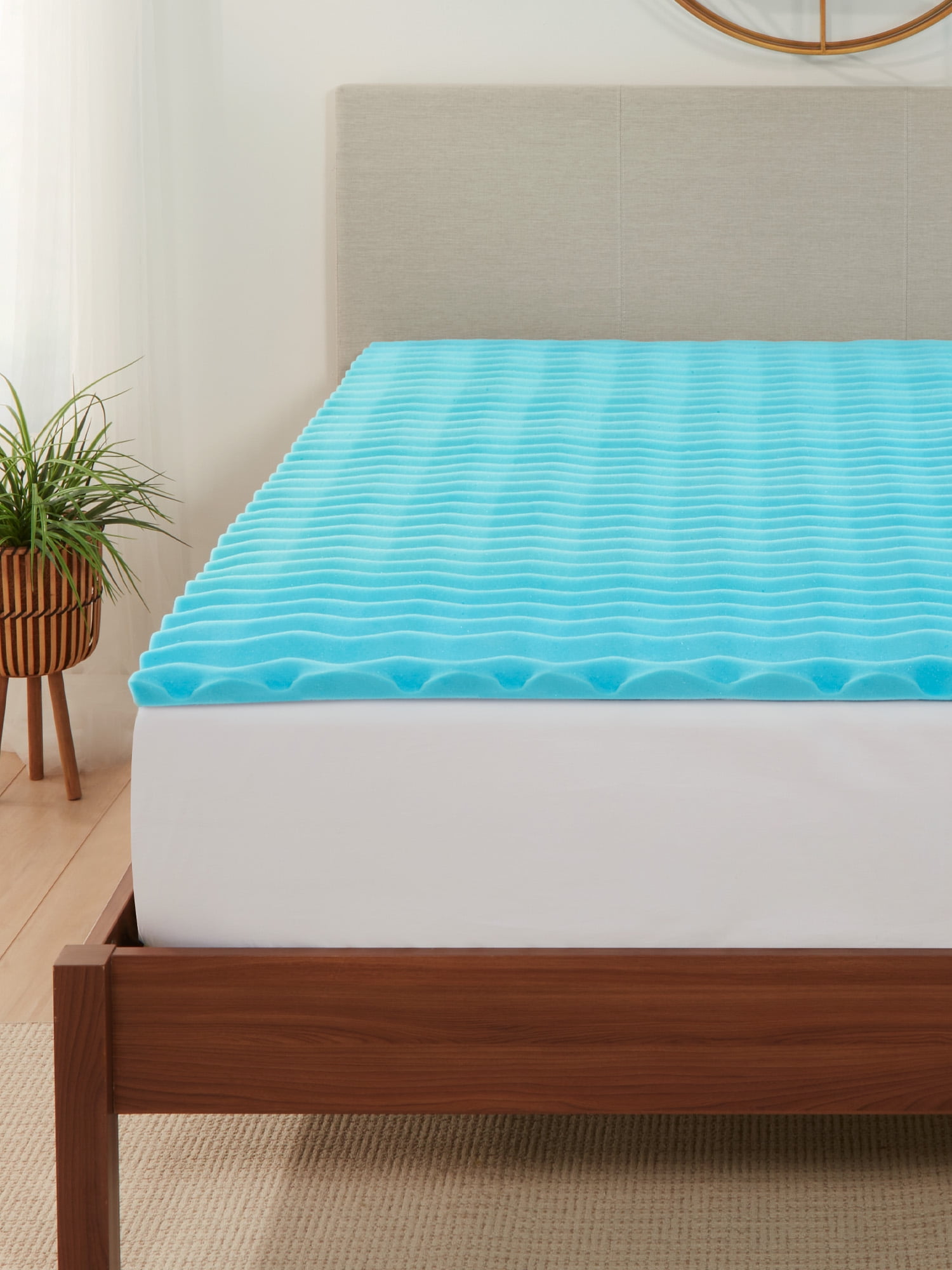
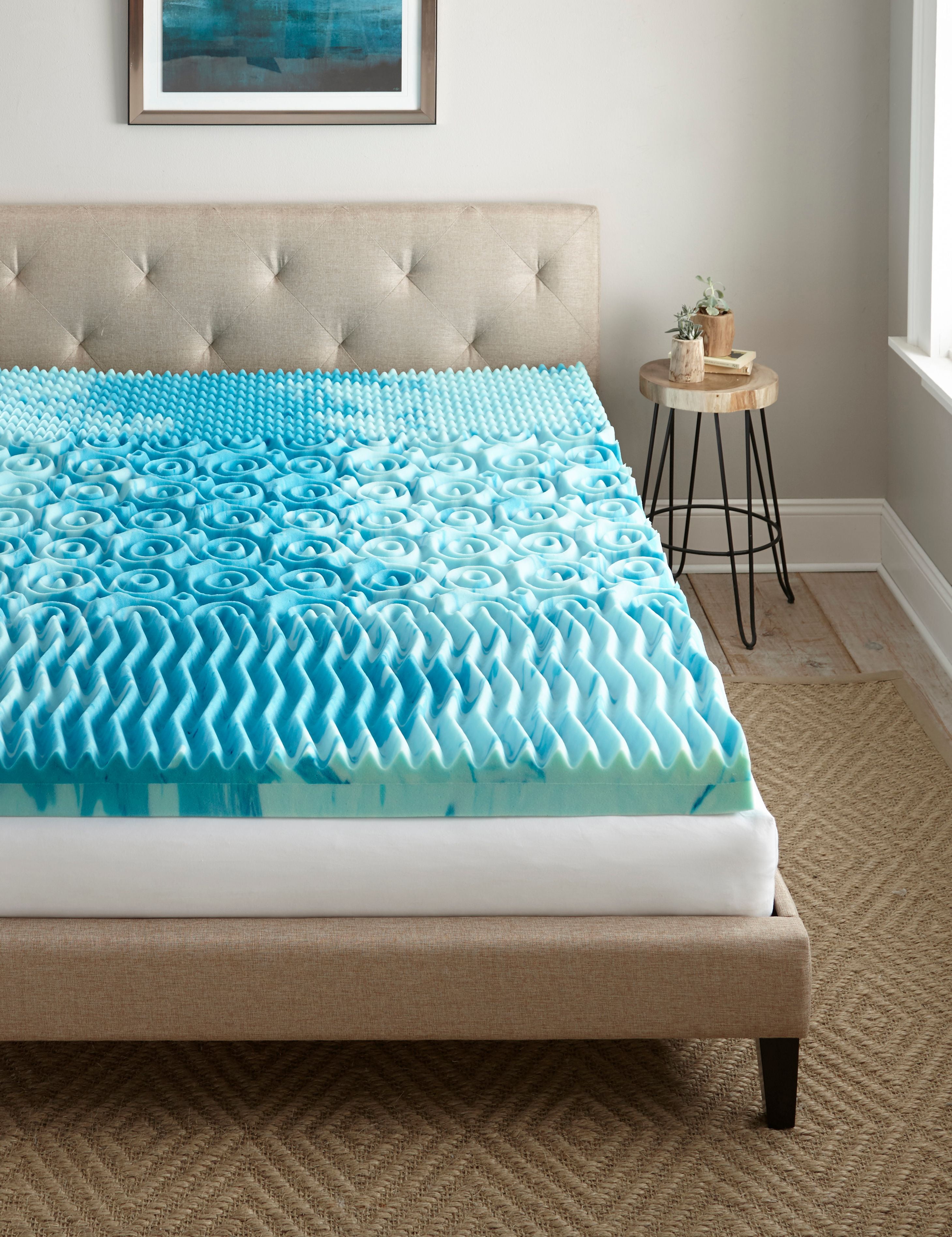






















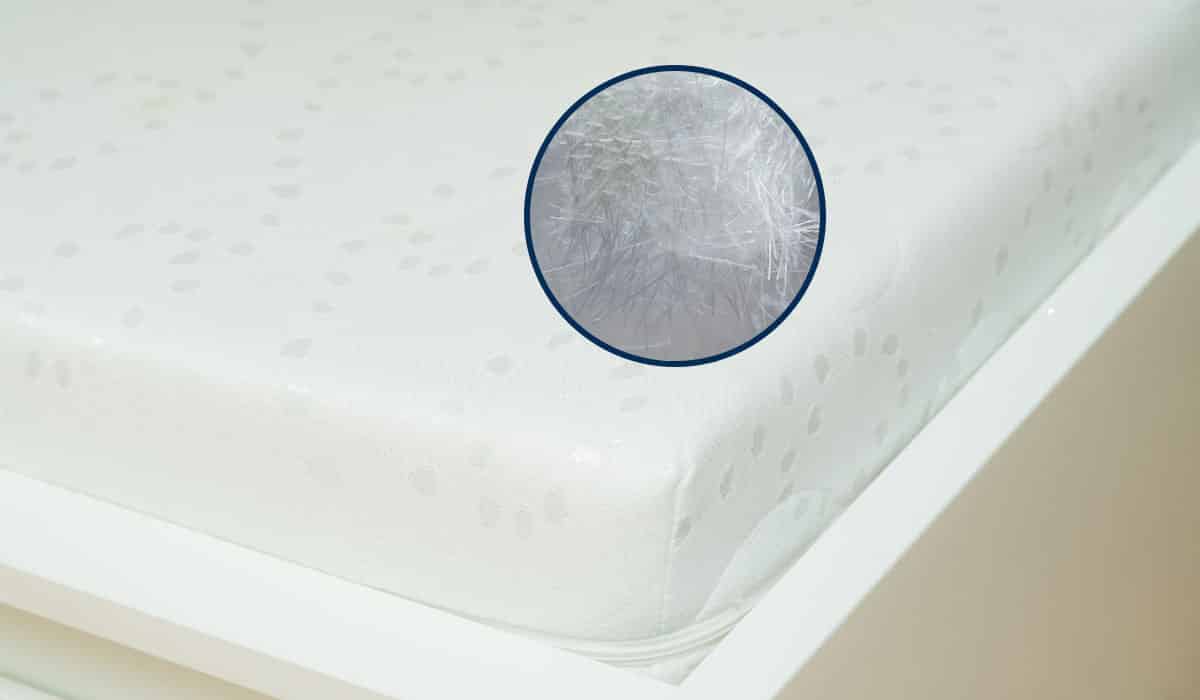

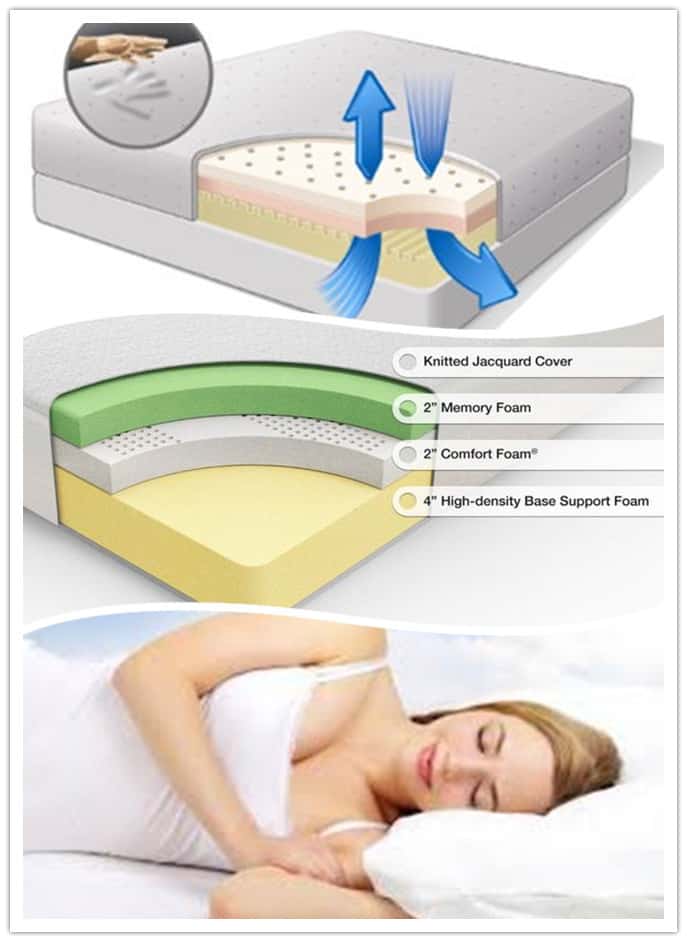
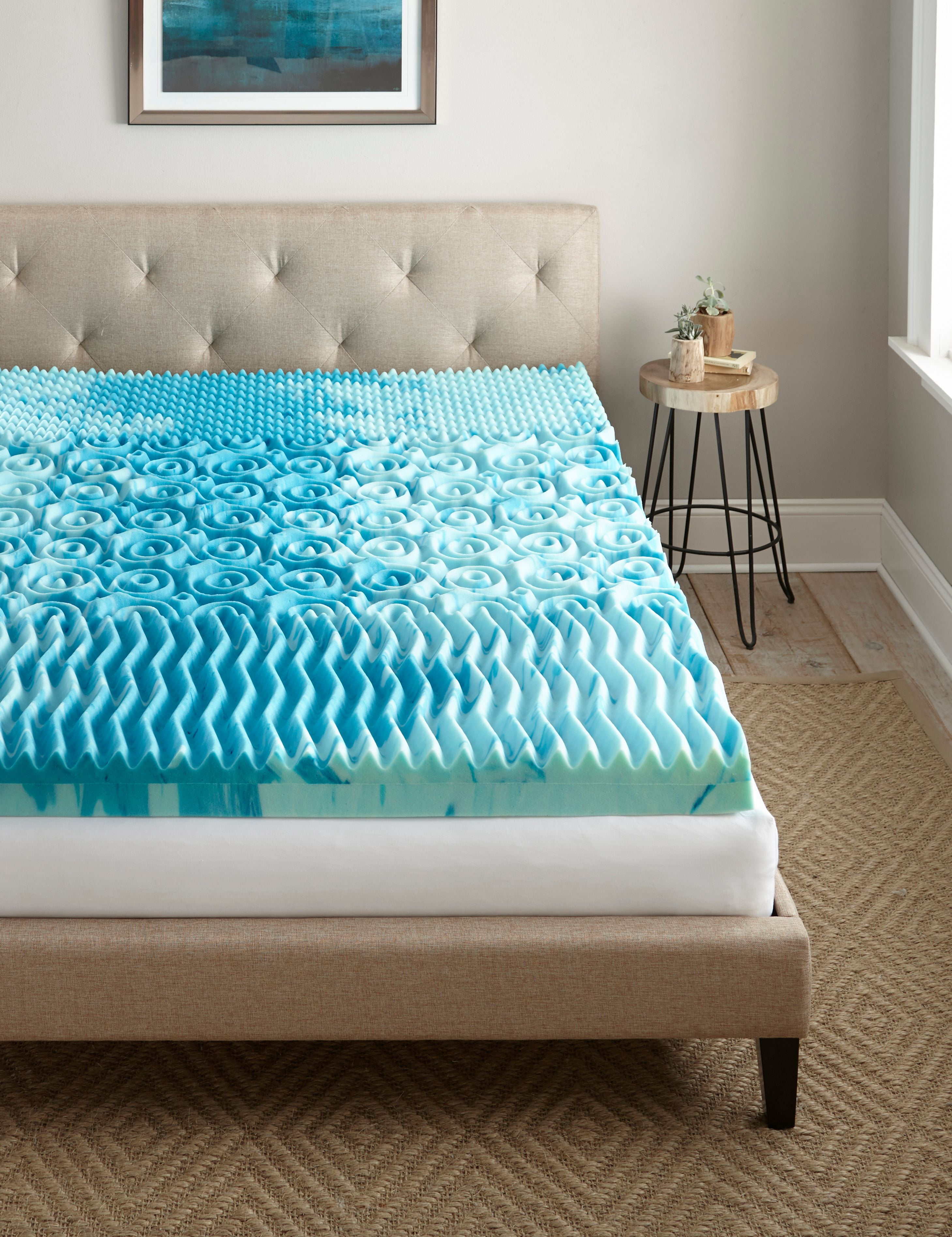



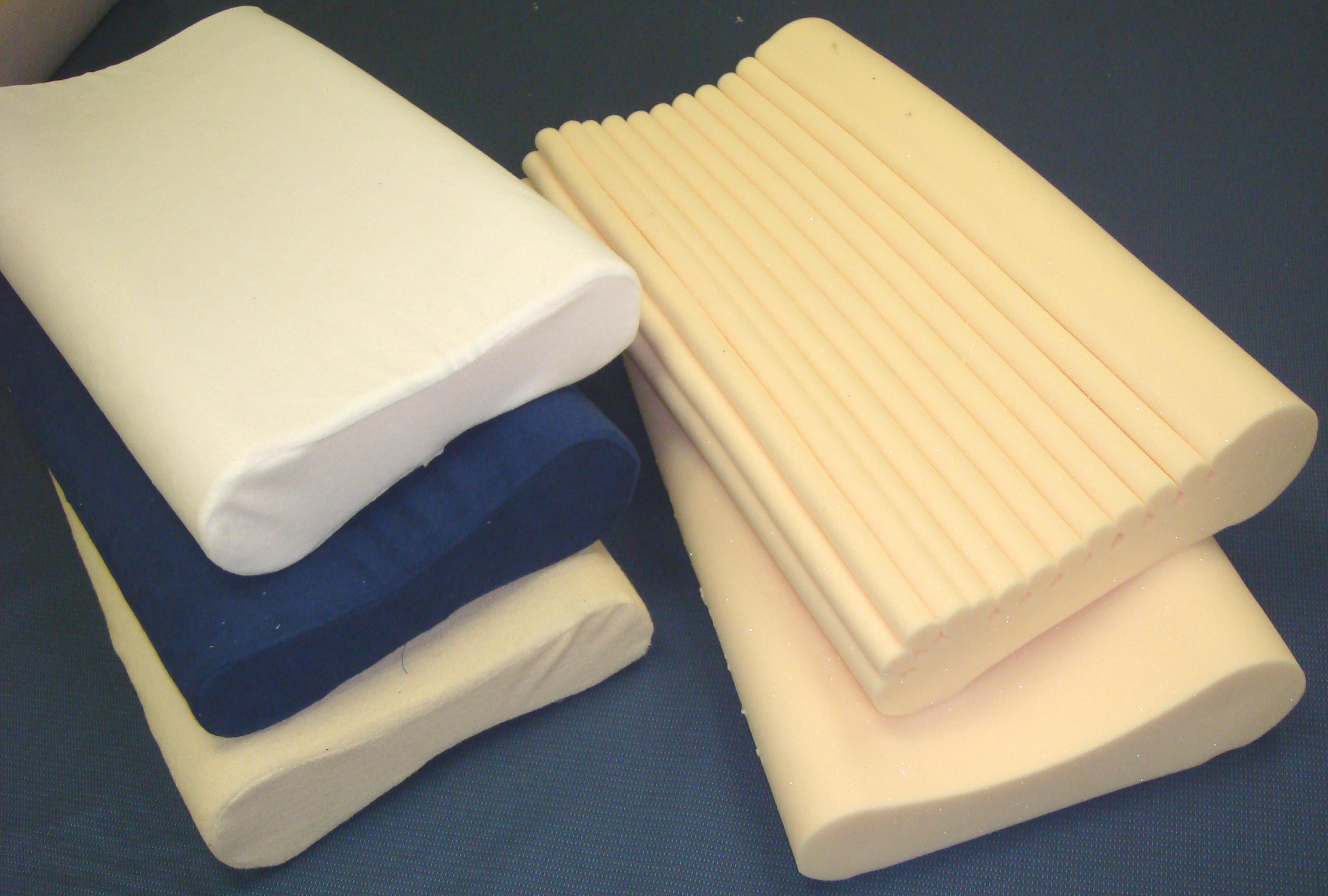
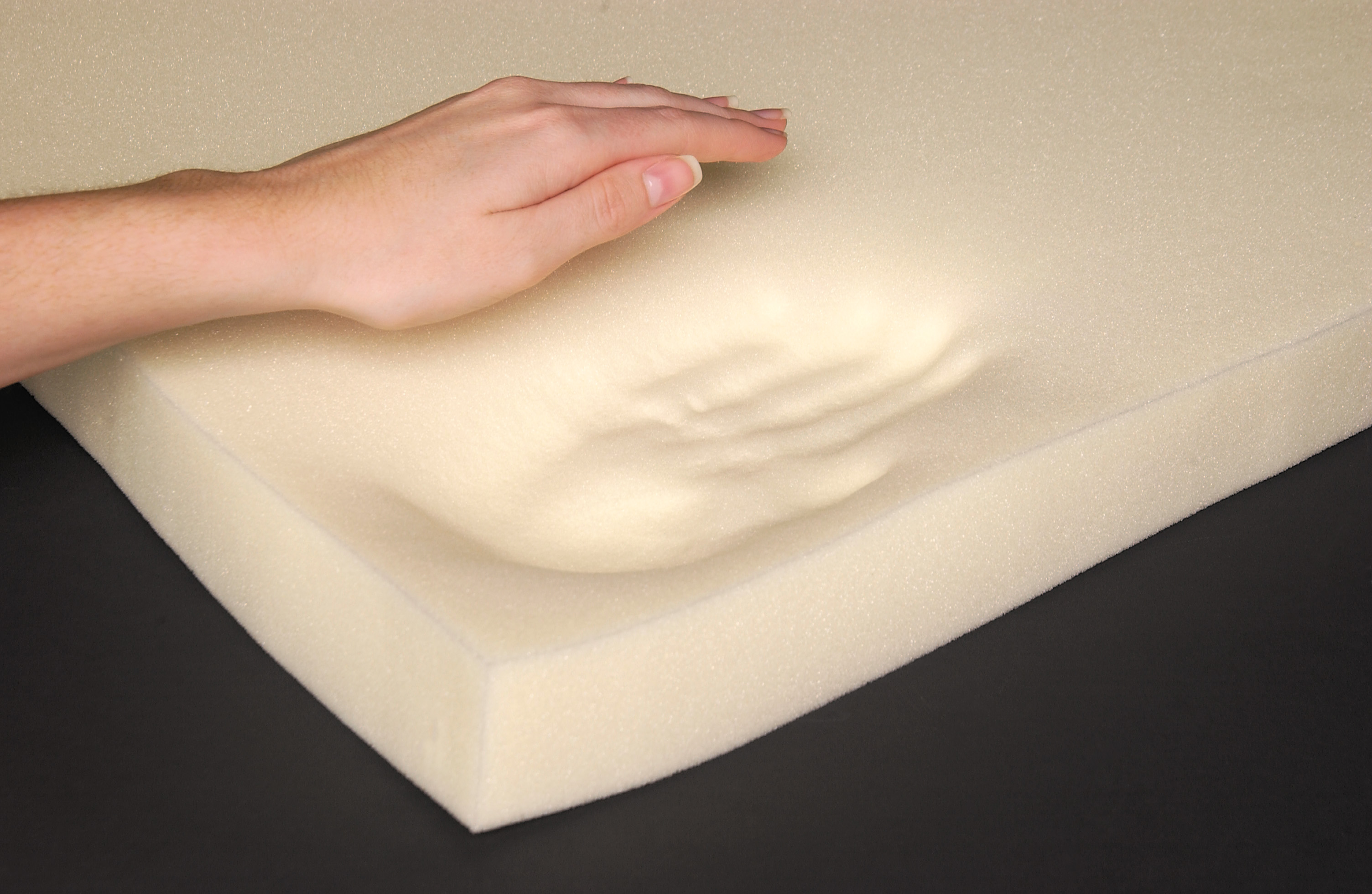
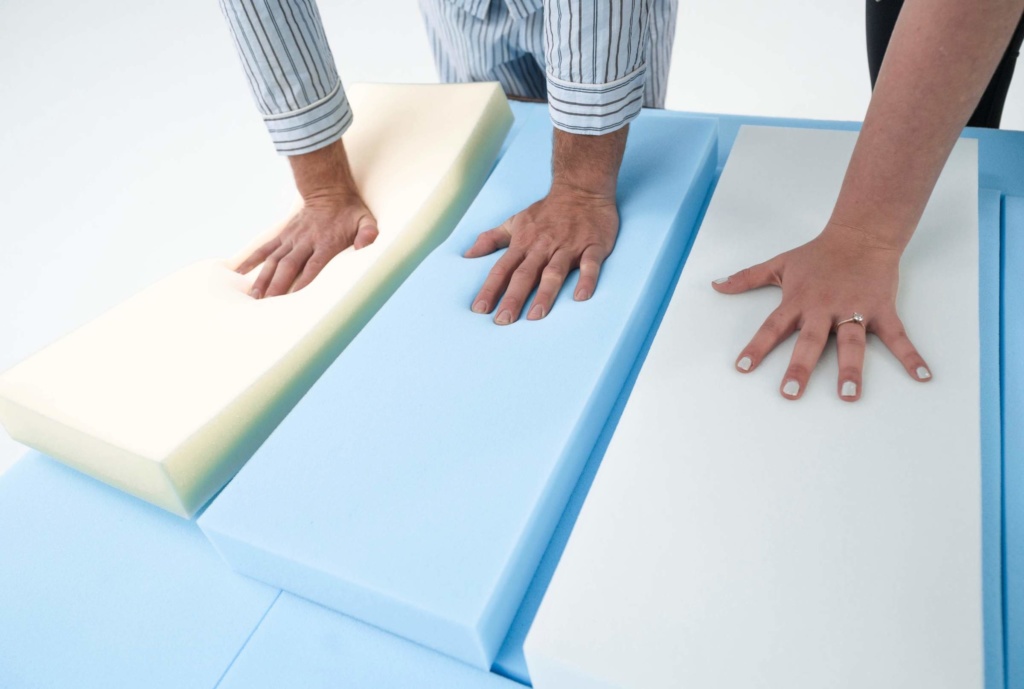
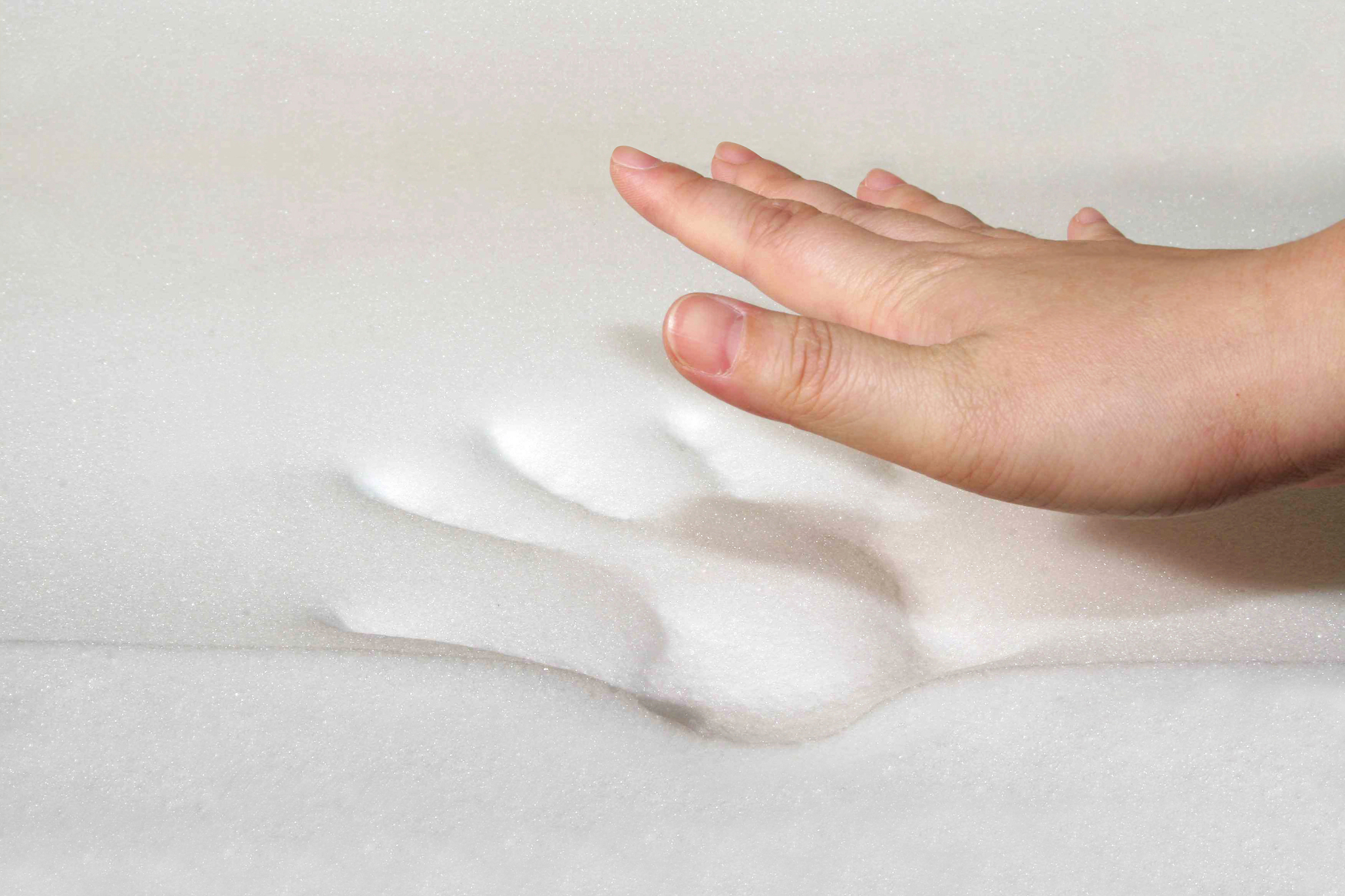







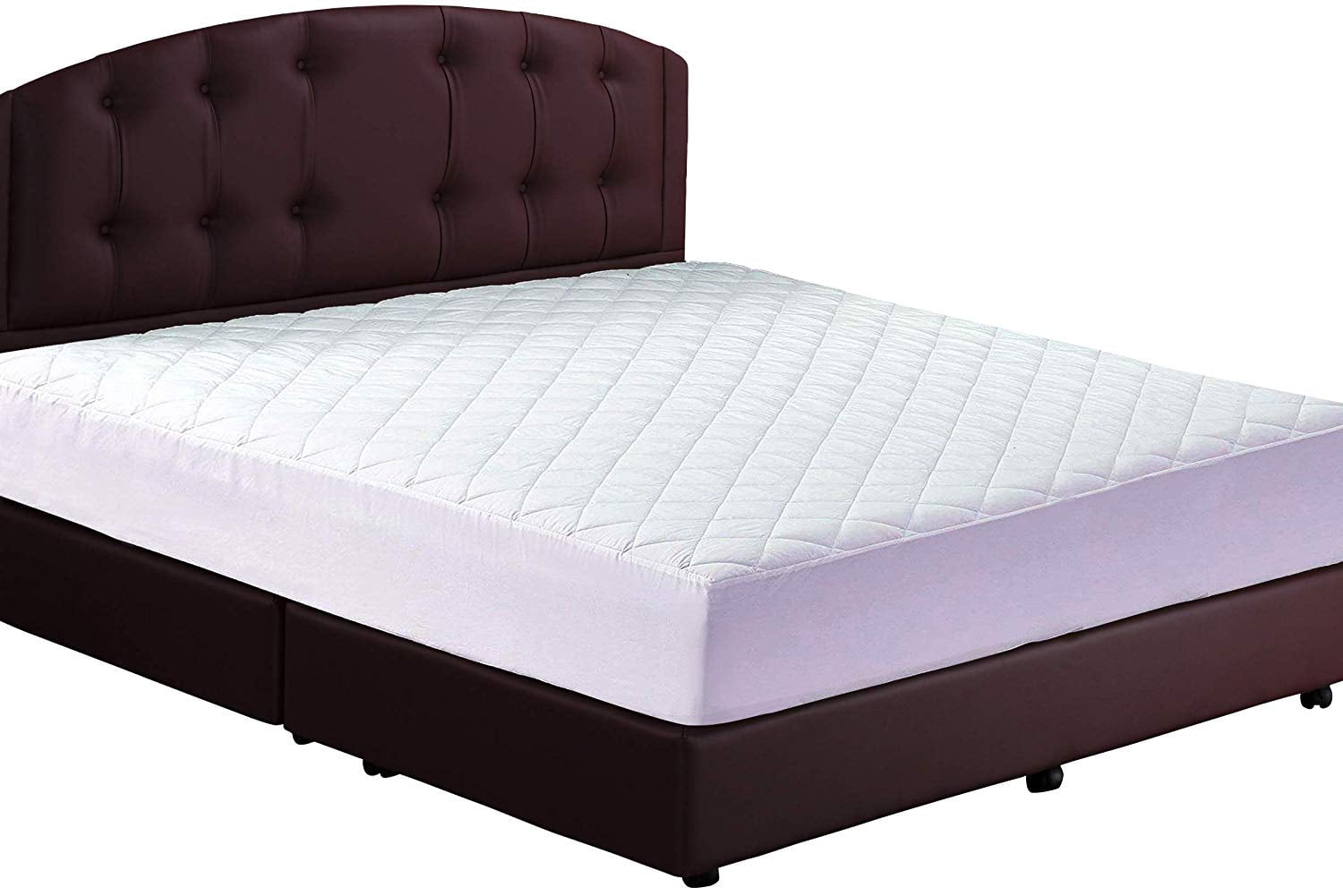
















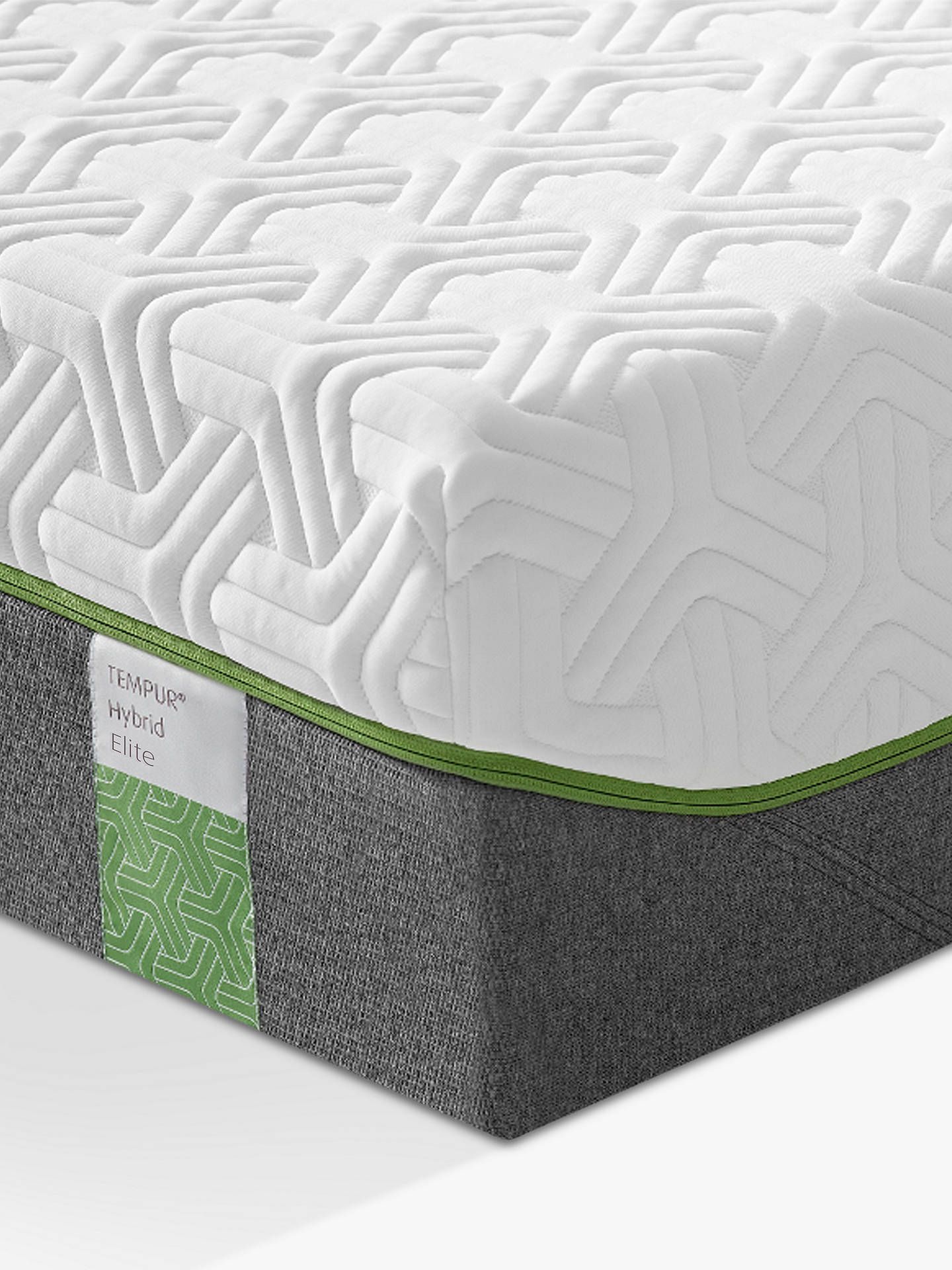



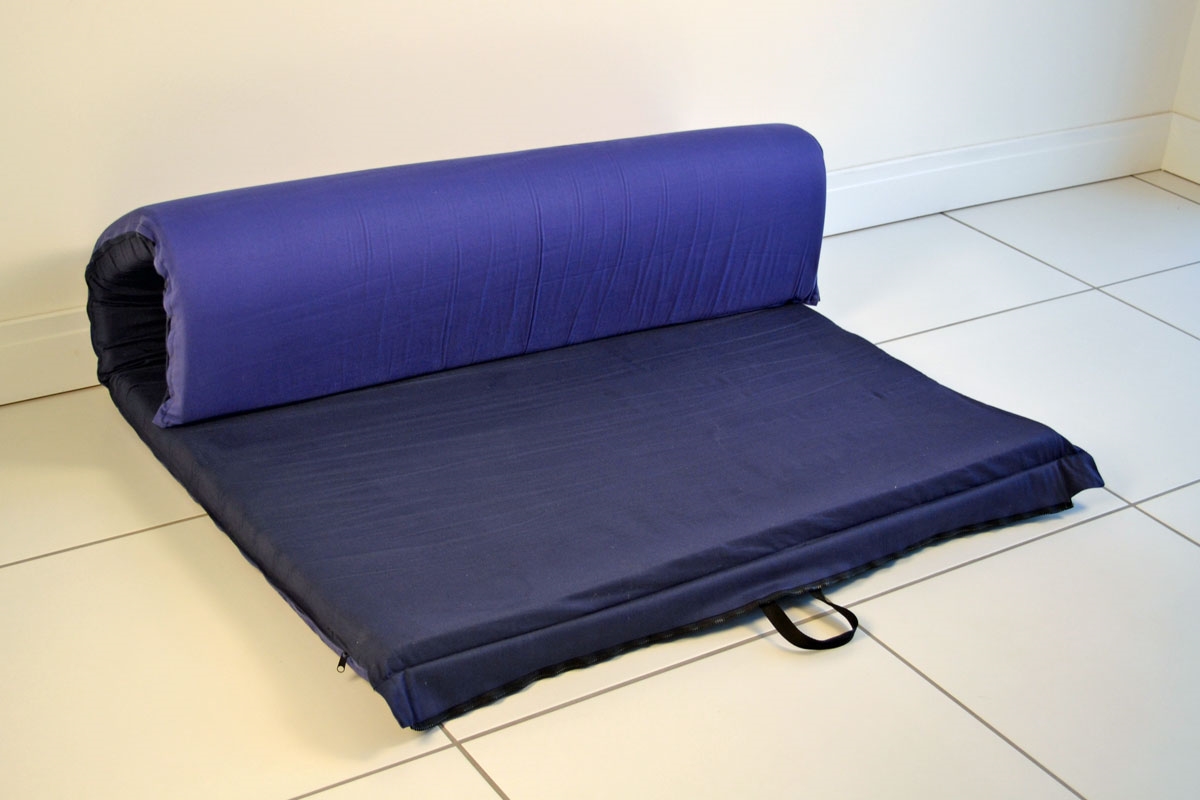
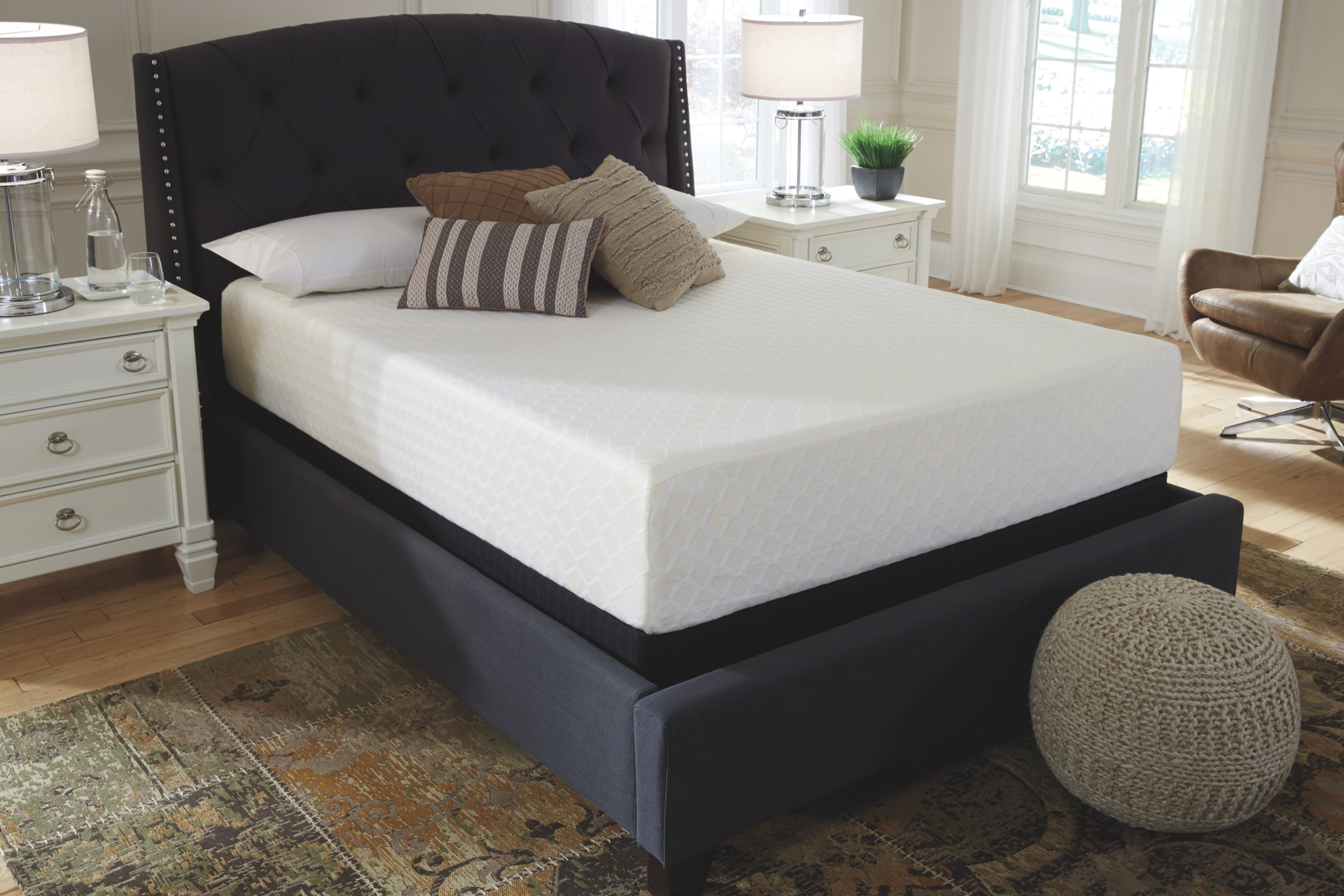
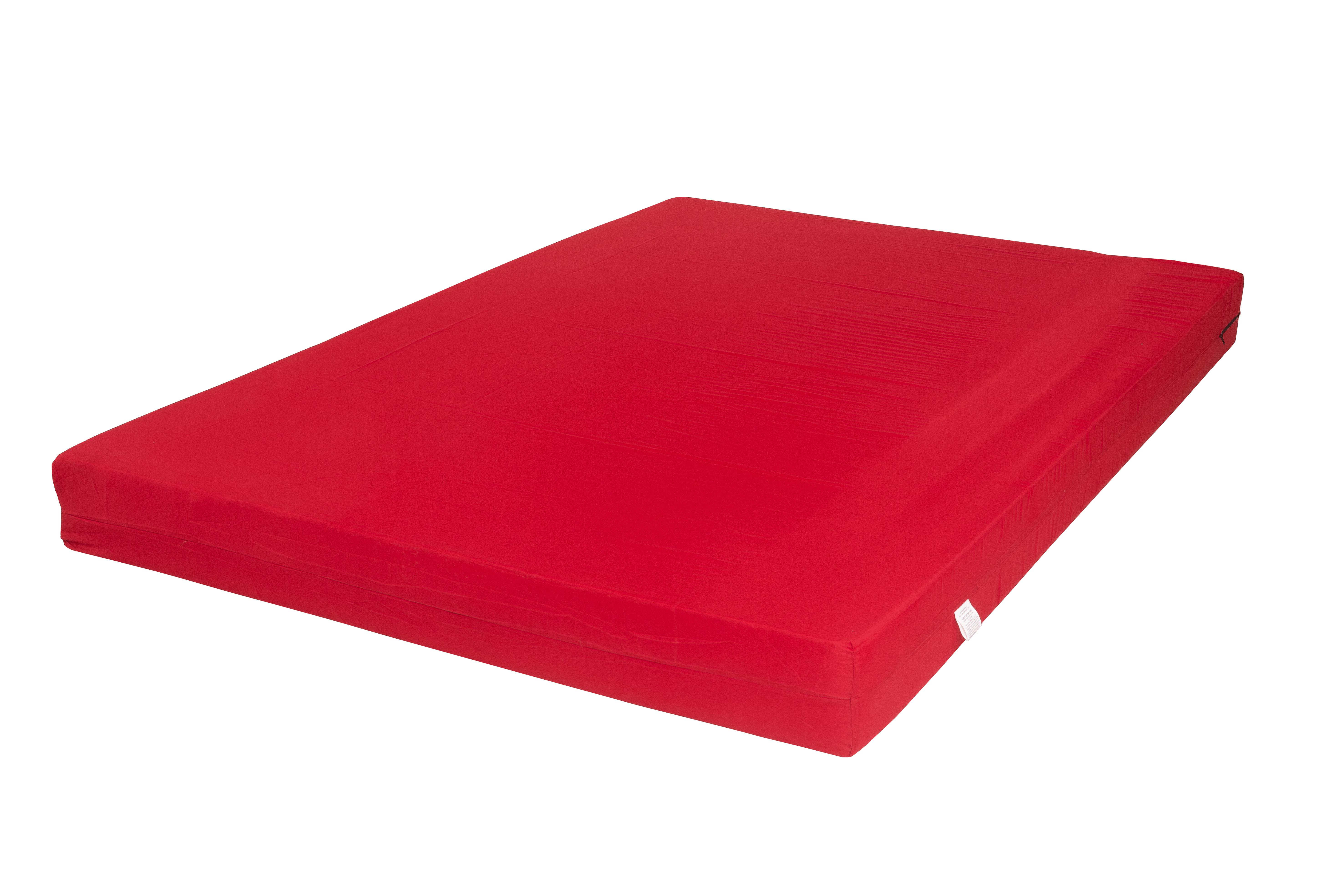
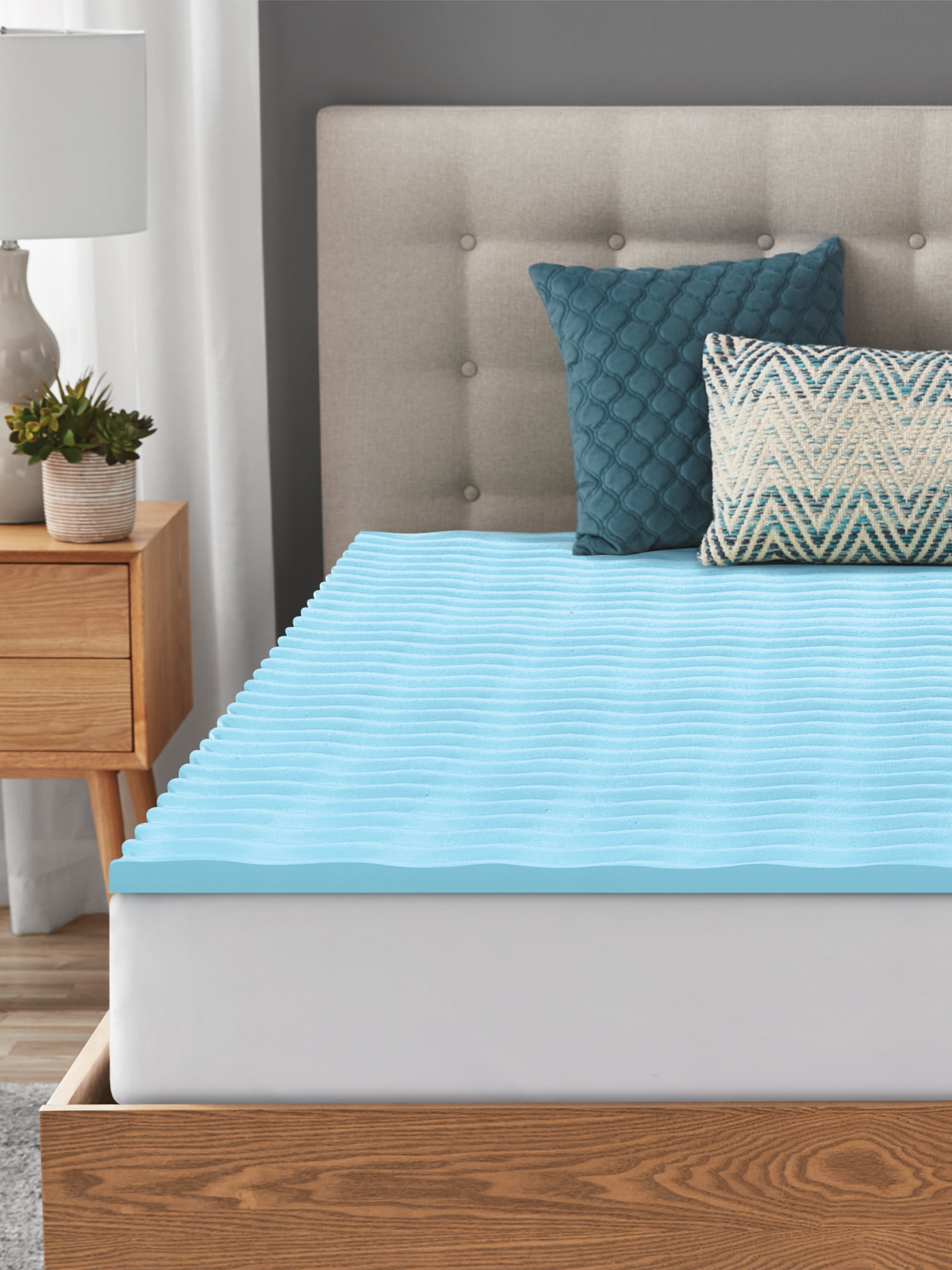







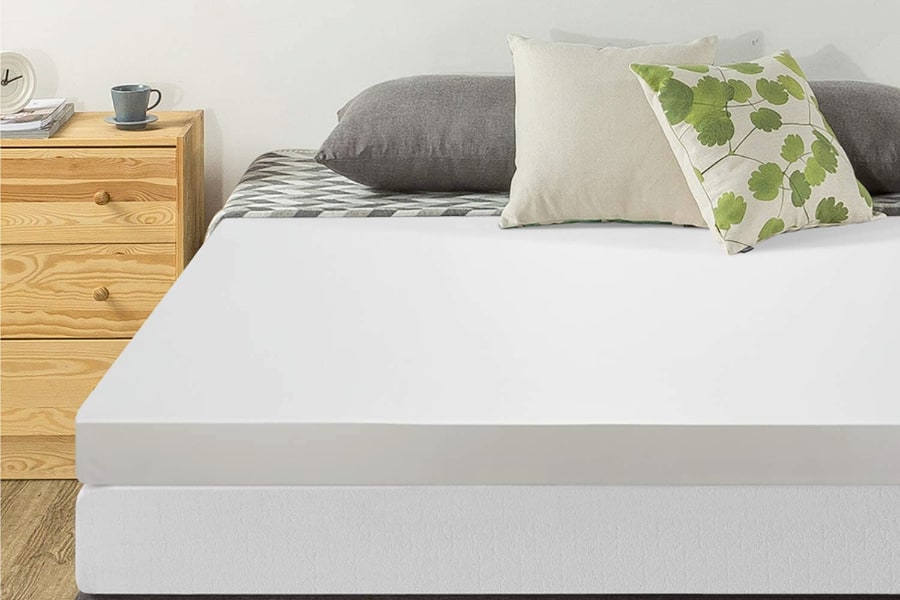




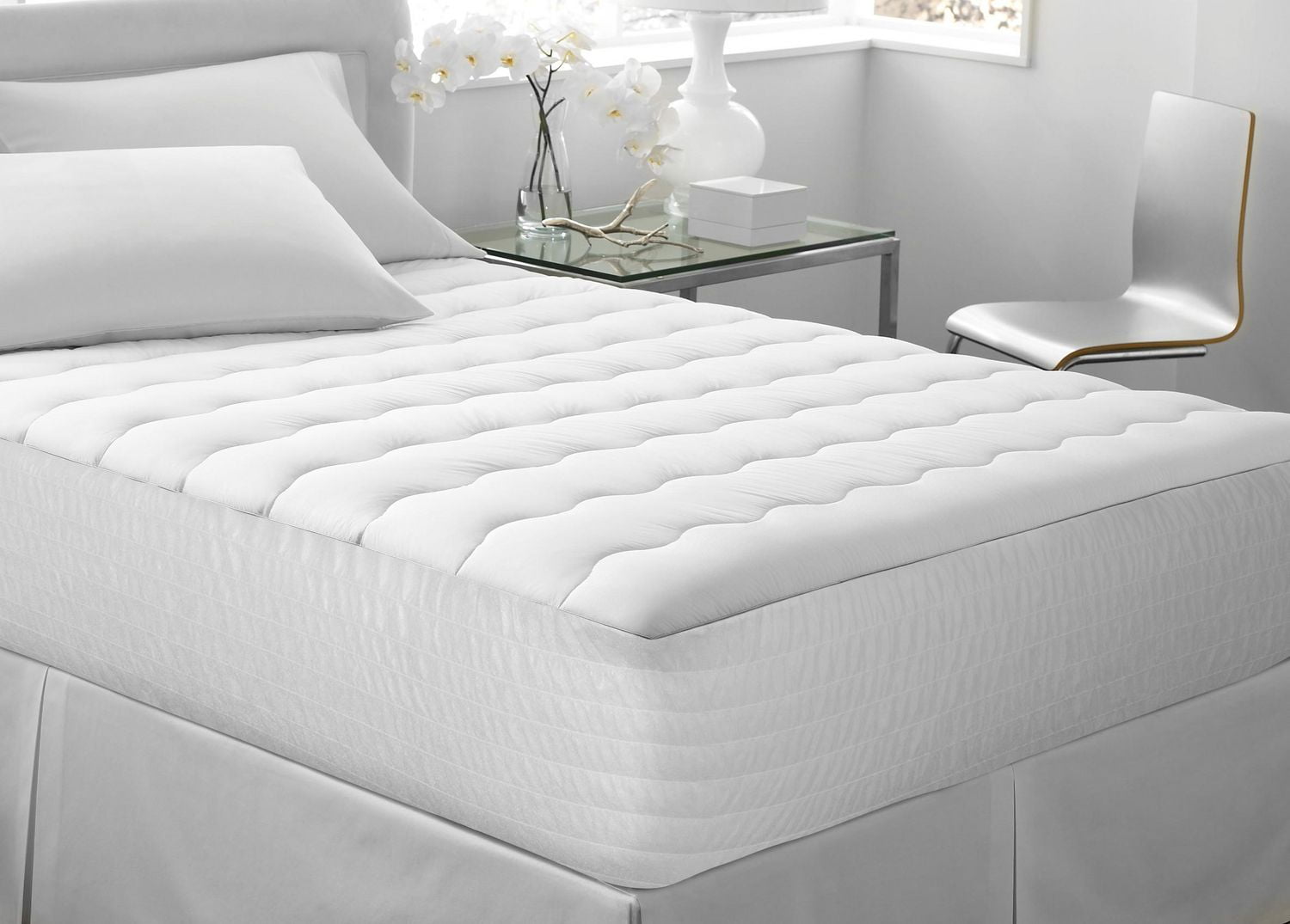


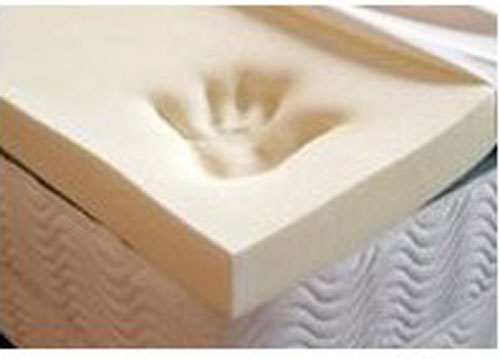
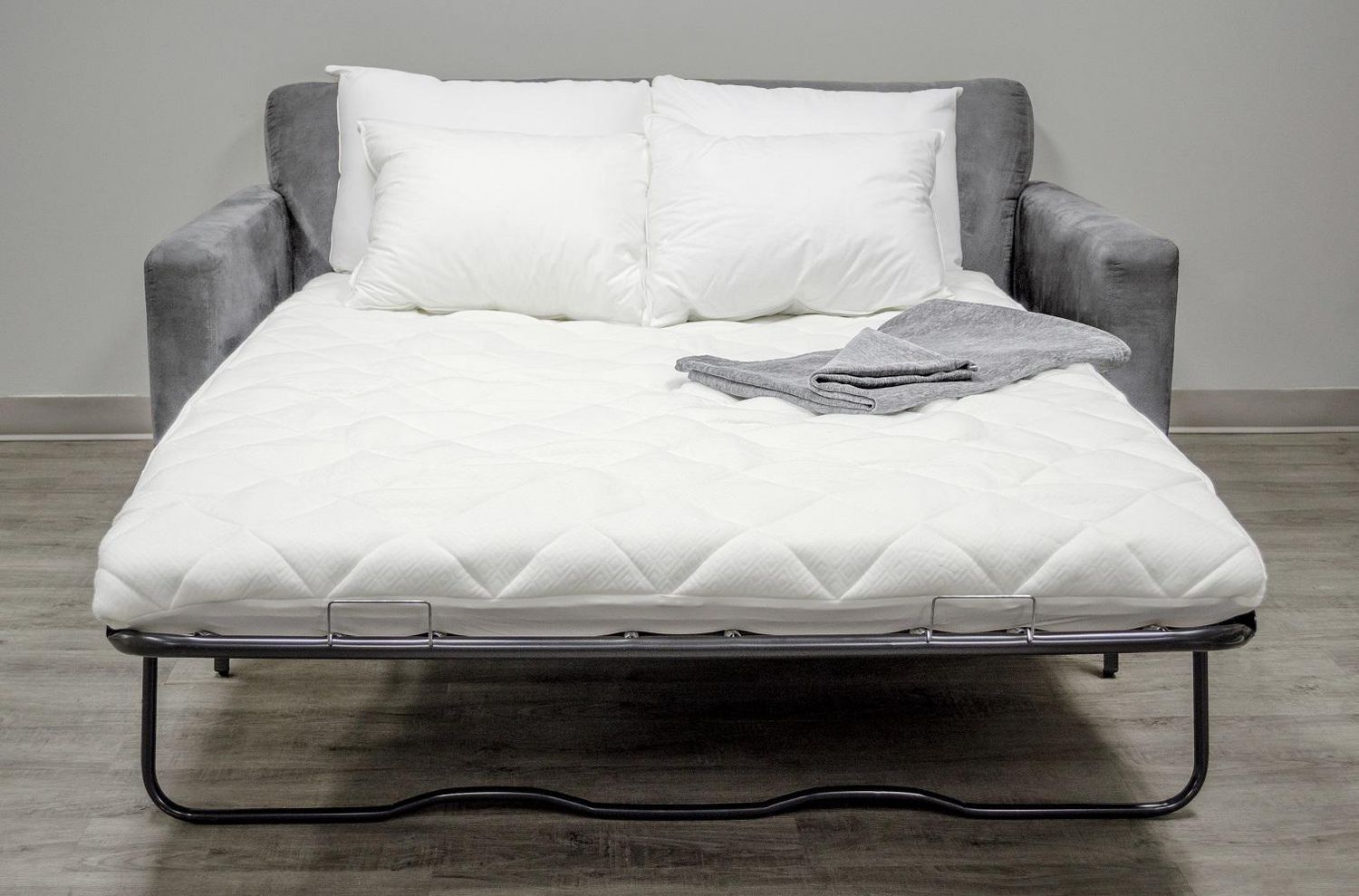









:max_bytes(150000):strip_icc()/Litchfield_BeresfordHill_025-5b89787fc9e77c00258aa53c.jpg)




